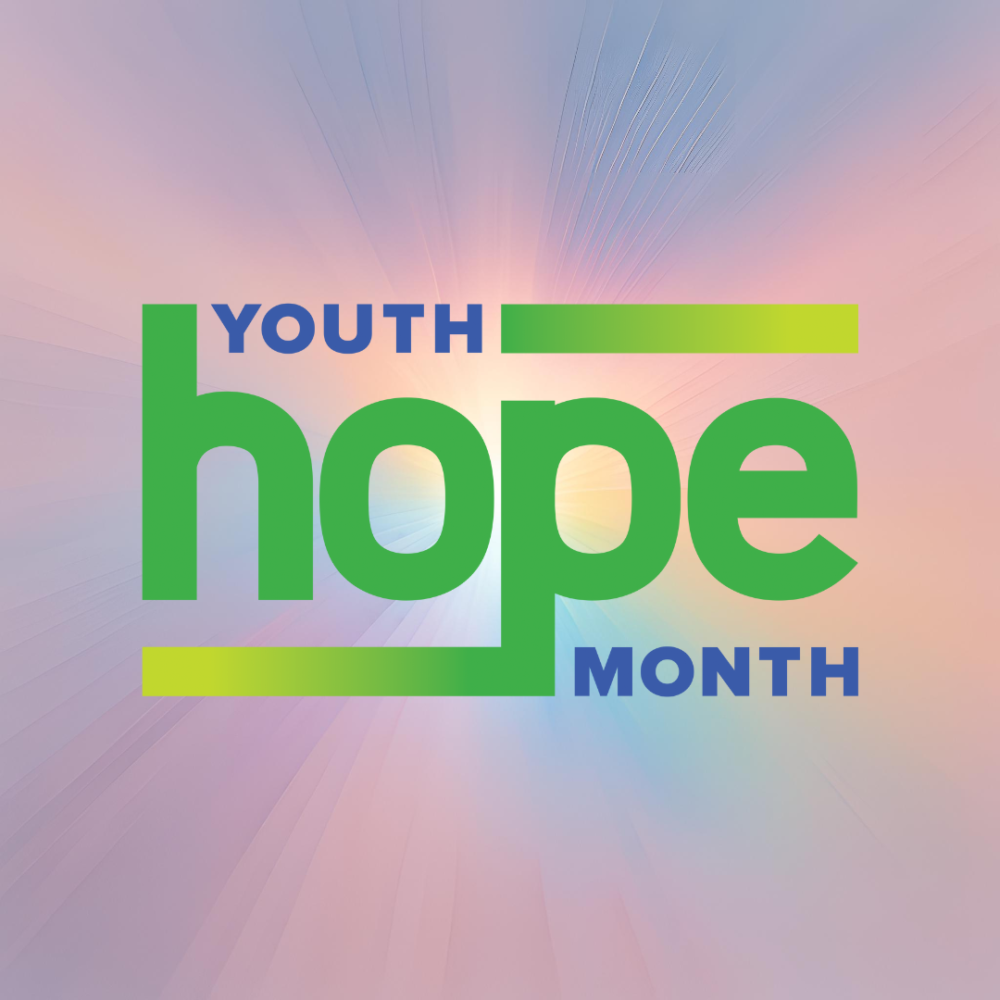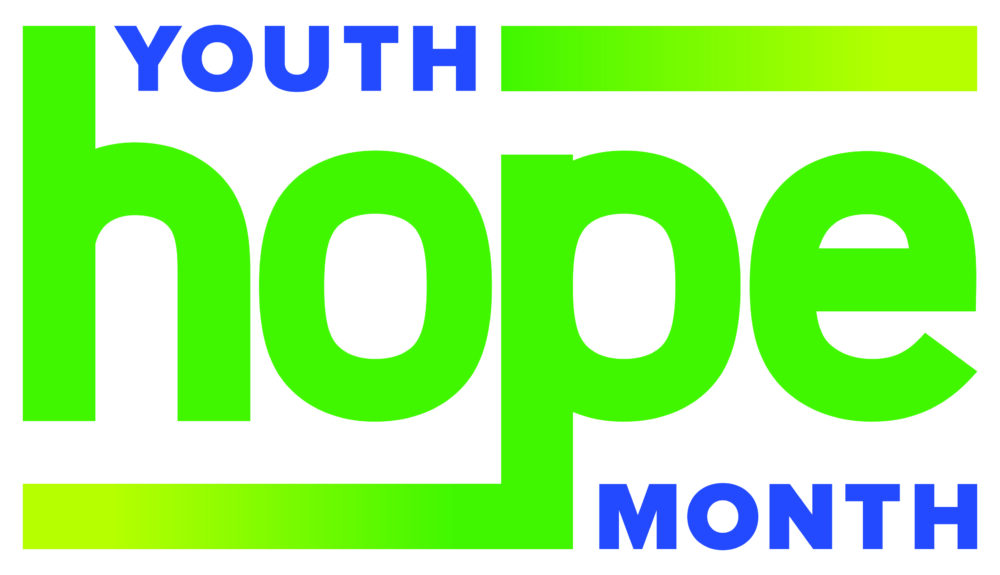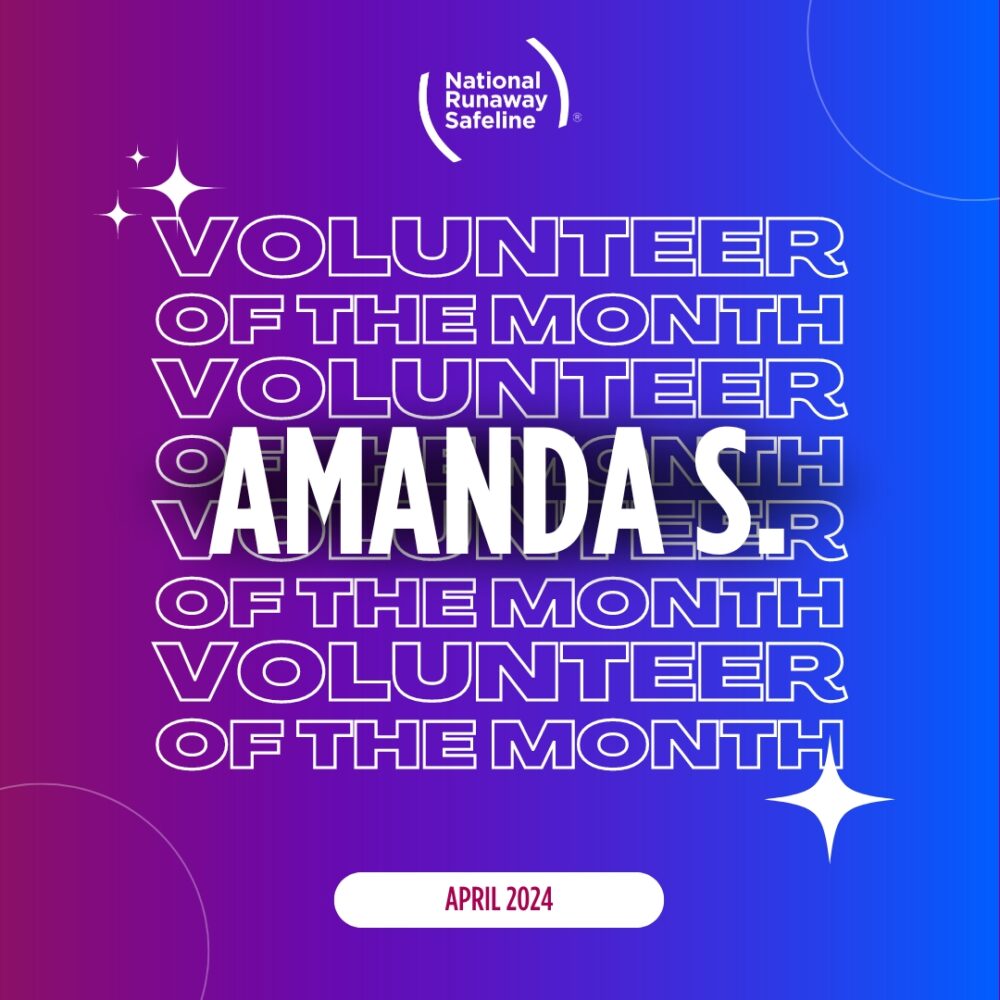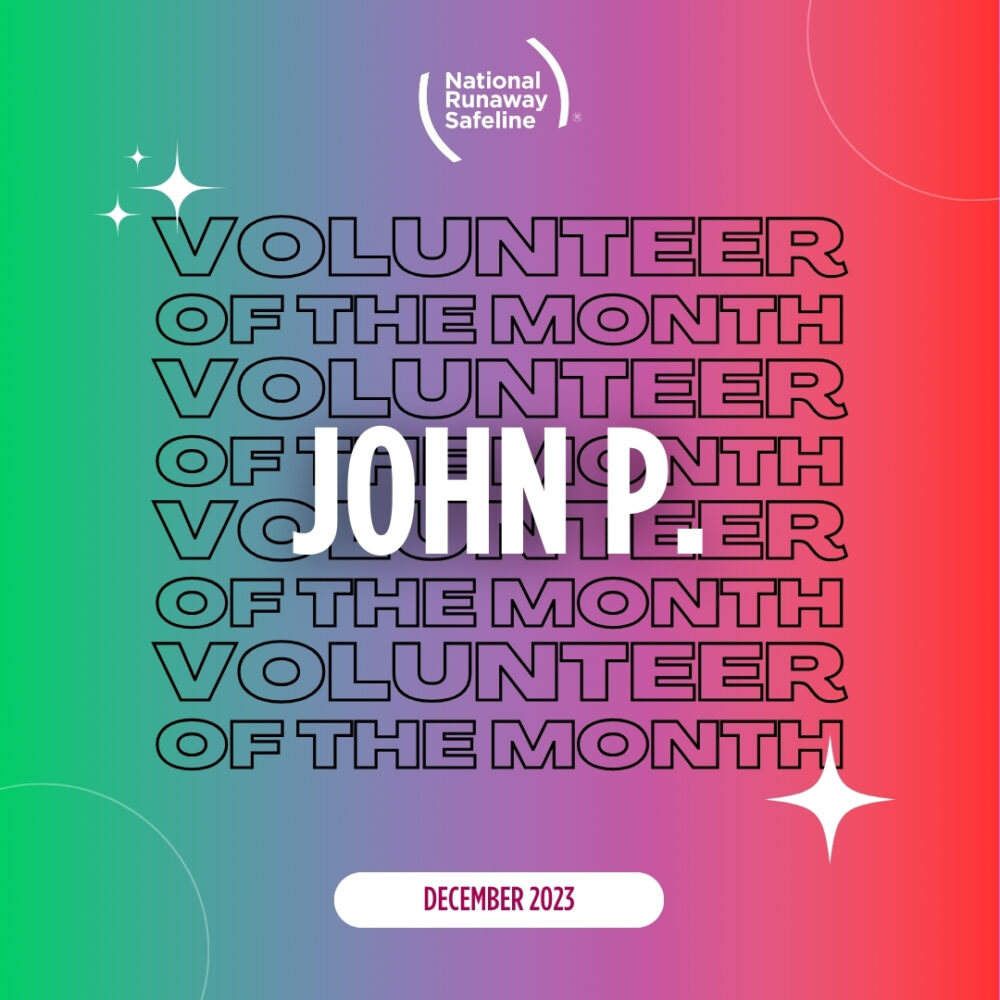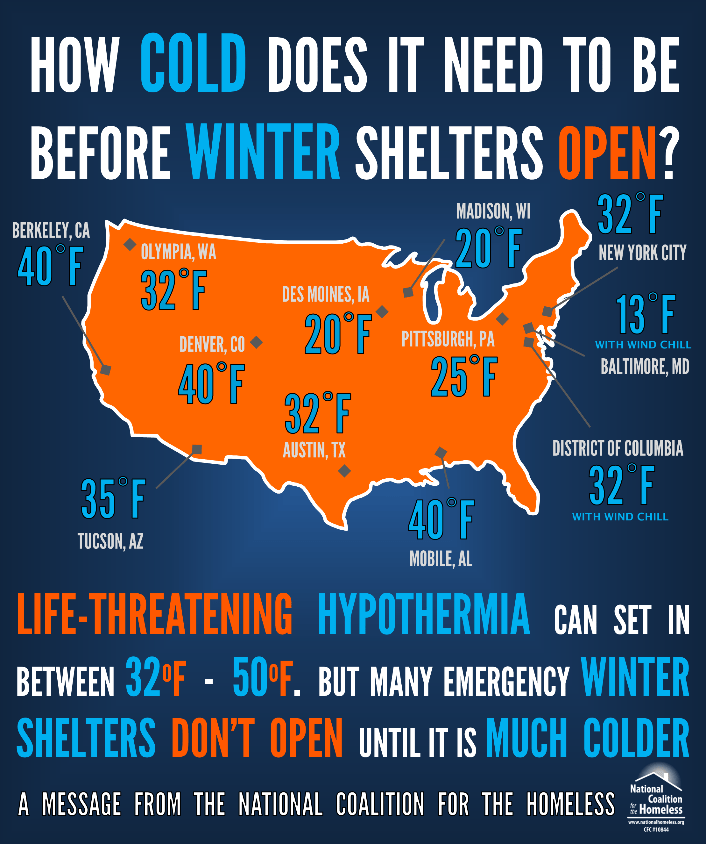 Each year, extreme cold weather impacts different parts of a community. For example, winter weather can cause traffic jams and school closings. Many communities also have to devise a plan to aid people in staying safe and warm because cold weather can pose a real threat.
Each year, extreme cold weather impacts different parts of a community. For example, winter weather can cause traffic jams and school closings. Many communities also have to devise a plan to aid people in staying safe and warm because cold weather can pose a real threat.
Hypothermia is a risk in the winter months, especially for individuals experiencing homelessness. When temperatures drop below 50 degrees Fahrenheit, hypothermia can set in.1 This is problematic because many winter shelters only open when it’s much colder and that may be too late.
According to a report from the National Coalition for the Homeless, 700 people experiencing or at risk of homelessness are killed from hypothermia annually in the United States. This is something that can be prevented.
We have composed a list of resources and tips for service providers and those who are at-risk or experiencing homelessness:
- Tips for shelter and outreach providers: this report gives information for staff on keeping people warm and how to recognize and deal with hypothermia or frostbite.
- Warming Centers: Many communities open warming centers with extended hours in response to cold weather. These can be in different settings such as libraries, churches, recreation centers, or other local buildings. Many city and community health websites list these locations. You may also be able to call your city’s nonemergency 3-1-1 number to find out where the closest center is to you.
- CDC Infographic: This infographic provides tips on avoiding, spotting, and treating hypothermia. Some of the tips include how to dress warmly. Many homeless shelters and organizations are collecting donations to supply to people during the winter months. Please consider donating any winter clothes or supplies to a local shelter near you.
Please help us raise awareness for the threat the cold winter months can pose to those experiencing homelessness and spreading the knowledge of warming centers available in your community.
If you need a safe place to sleep for the night or need to find the closest resources to you, call us at 1-800-786-2929 or chat with us online via live chat, e-mail or public forums.
The National Runaway Safeline provides free, confidential support to youth and families in crisis across the nation 24 hours a day, 7 days a week, 365 days a year.
